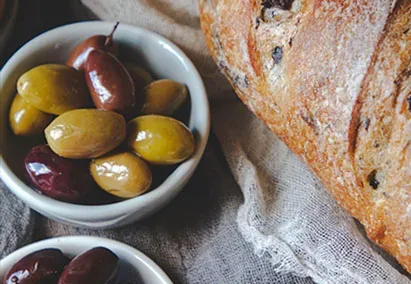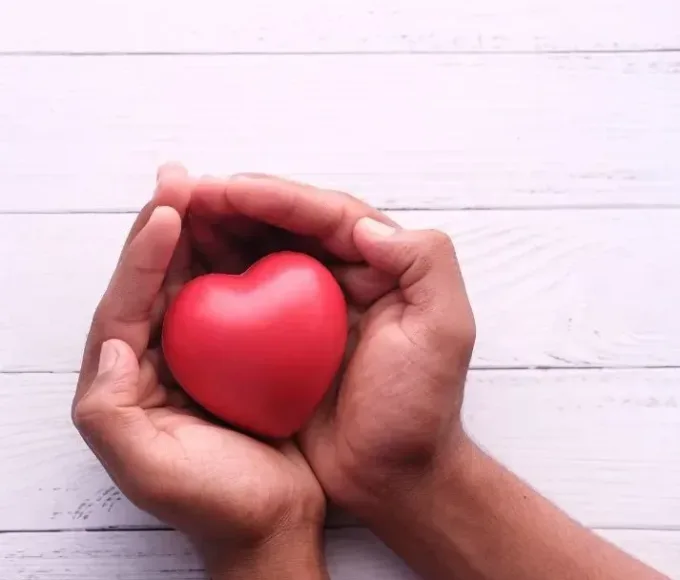
Bones play many roles in the body — providing structure, protecting organs, anchoring muscles and storing calcium.
Your bones are continuously changing — new bone is made and old bone is broken down. When you're young, your body makes new bone faster than it breaks down old bone, and your bone mass increases. Most people reach their peak bone mass around age 30. After that, bone remodeling continues, but you lose slightly more bone mass than you gain.
What can I do to keep my bones healthy?
You can take a few simple steps to prevent or slow bone loss. For example:
– Include plenty of calcium in your diet. Good sources of calcium include dairy
products, almonds, broccoli, kale, canned salmon with bones, sardines and soy products, such as tofu. If you find it difficult to get enough calcium from your diet, ask your doctor about supplements.
– Pay attention to vitamin D. Your body needs vitamin D to absorb calcium. Good
sources of vitamin D include oily fish, such as salmon, trout, whitefish and tuna. Additionally, mushrooms, eggs and fortified foods, such as milk and cereals, are good sources of vitamin D. Sunlight also contributes to the body's production of vitamin D. If you're worried about getting enough vitamin D, ask your doctor about supplements.
– Include physical activity in your daily routine. Weight-bearing exercises, such as
walking, jogging, and climbing stairs, can help you build strong bones and slow bone loss.
– Avoid substance abuse. Don't smoke. If you are a woman, avoid drinking more
than one alcoholic drink each day. If you are a man, avoid drinking more than two alcoholic drinks a day.
If you're concerned about your bone health or your risk factors for osteoporosis, including a recent bone fracture, consult your doctor, who can assess whether you might be a candidate for medication to help slow bone loss.
Sources: Mayo Clinic
Recent Posts
Related Articles
Non-verbal communication
A substantial portion of our communication is nonverbal. In fact, some researchers...
June 19, 2023Stretch marks – causes and prevention
Stretch marks (striae) are discolored, slightly sunken scar-like lines in your skin....
June 19, 2023Compassion vs Empathy
It’s easy to use compassion and empathy as synonyms, but there are...
June 19, 2023How to build a habit in 5 steps
People with good habits rarely need to resist the temptation to laze...
June 19, 2023

























Leave a comment